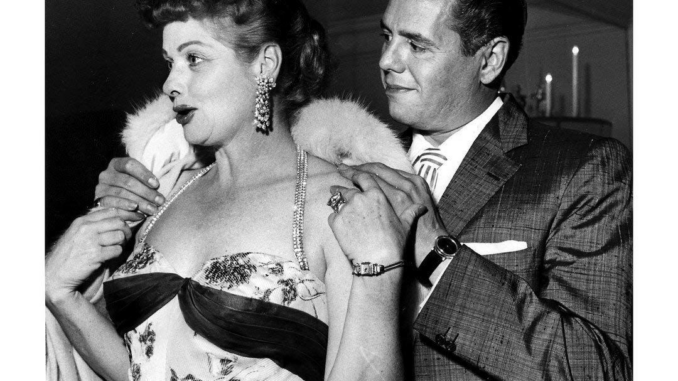
When I Love Lucy first aired in 1951, it quickly became a groundbreaking show in the history of television. Starring Lucille Ball and Desi Arnaz, the show not only brought laughter to millions but also pushed boundaries in television production and content. However, there was one thing that the writers of the show refused to include, which might surprise modern viewers: the word “pregnant.”
During the production of I Love Lucy, Lucille Ball was pregnant with her first child, which, at the time, was a rare and significant occurrence for a leading actress in a major TV show. This posed a challenge for the writers, as discussing pregnancy on television was considered taboo in the 1950s. The word “pregnant” was seen as too vulgar and inappropriate for family-friendly entertainment, so the writers made a deliberate decision to avoid it altogether.
Instead of using the word “pregnant,” the writers chose to use the phrase “expecting,” which was seen as more acceptable in the conservative social climate of the era. The decision to avoid the word “pregnant” is just one example of the many ways the show had to navigate the rigid standards of broadcast television in the 1950s. It’s fascinating to think that such a simple word could be off-limits, but it was a reflection of the cultural norms of the time.
This creative workaround allowed I Love Lucy to remain relevant and true to its family-friendly image while still addressing the very real and relatable experience of pregnancy. The producers of the show worked with the limitations of the time and still managed to create iconic and timeless moments, like Lucy’s famous pregnancy scenes, which have since become some of the most memorable in television history.
Despite the restrictions they faced, I Love Lucy became one of the most beloved shows of its time and continues to influence TV shows today. The refusal to utter the word “pregnant” may seem trivial in today’s more open and diverse media landscape, but it highlights the extraordinary creativity and resilience of the writers and producers of I Love Lucy in pushing the boundaries of what was possible in the world of television in the 1950s.
In conclusion, I Love Lucy may have been careful about using the word “pregnant,” but the show’s charm and impact were anything but restricted. It remains a testament to the ingenuity of television creators and a reflection of the social attitudes that shaped early broadcast media. The show’s clever handling of pregnancy on TV paved the way for future shows to tackle sensitive topics in more open and honest ways, leaving a lasting legacy in the entertainment industry.
